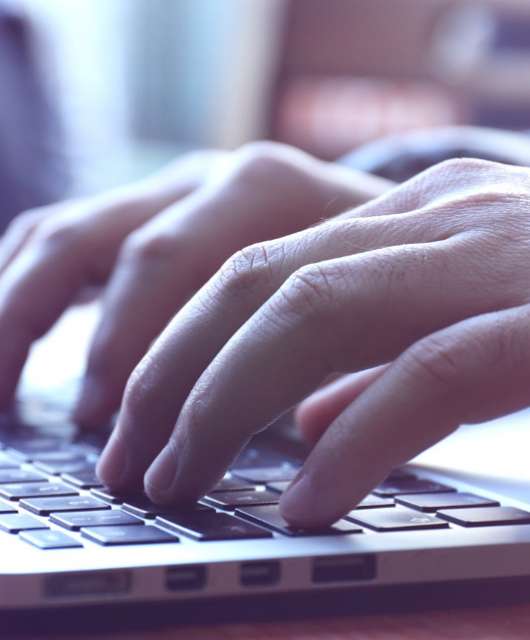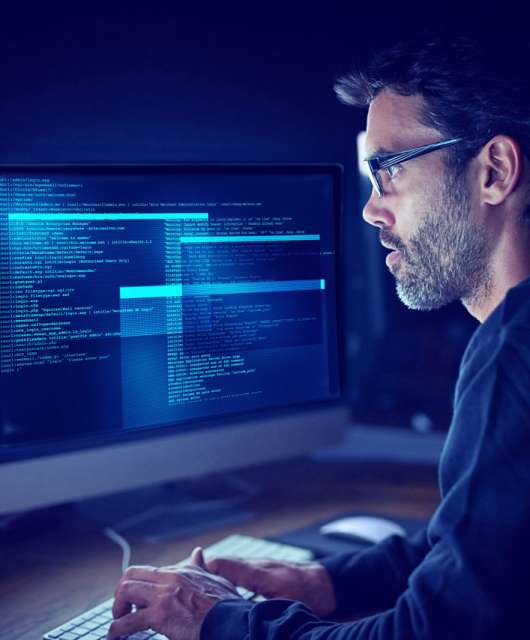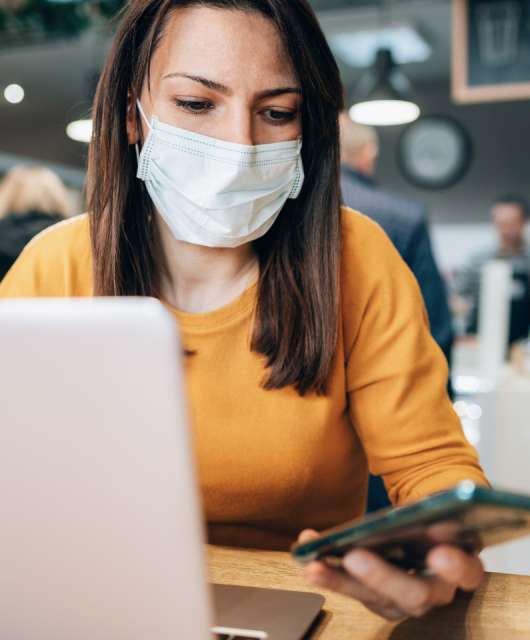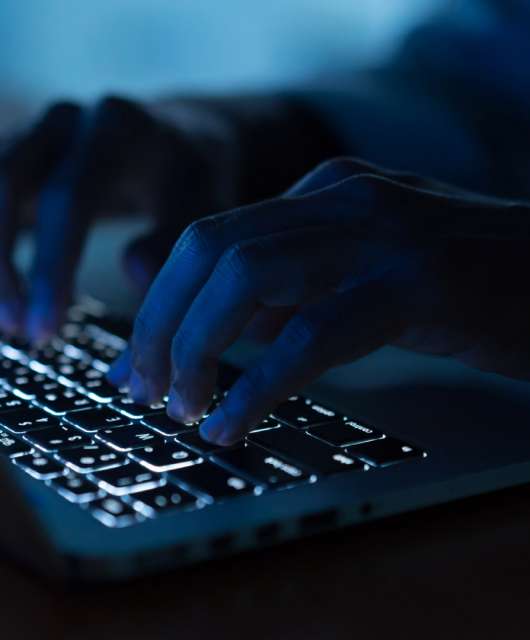After a relatively cold winter and a fantastic spring we all turn our heads towards the fast approaching summer. In a blink of an eye, we will start enjoying the longer days filled with sunshine, shorter working hours, quality time on the beach or by the pool, and a whole lot of trips and fun outdoor activities. Researchers claim that about 50% of the people living in the US will be taking some vacation during the summer. This means that just in the States, there will be more than 160 million sun chasing travelers who will be hitting the road during the hot season. With this in mind, we decided to create a list of Top 10 things you need to have for a stress-free summer;
List of 10 security tips you need to know
1. Plan your summer ahead
The summer is about to start but it is not here yet, so this is the time for travelers to start planning their summer plans. Very often in search of a great deal for your vacations or travel insurance you end up being on a suspicious website. Here at Panda, we recommend you always to have antivirus protection while surfing and always be vigilant for the type of sites you visit. If the deal is too good to be true, it probably isn’t.
2. Obtain foreign currency
You’ve booked your flights, your hotel is all set, rental car has been reserved, travel insurance is sorted, and you are ready to go but… are you really? Going to a foreign country without any of the local currency in cash is not a smart idea. Do not be tempted to order the money online, a short trip to the bank sounds like a better option, rather than order foreign currency and hoping you are not scammed. And even if you decide to order online, always make sure you are protected.
3. Sanitize your devices
You’ve been looking at the ‘not enough storage alert’ on your iPhone for months. Well, now is the time to sit down and upload your content to the cloud or take advantage of some of the tricks we offer so you can fully enjoy your phone. A quick sanitization of your phone will make it work better, will most likely free up some space, and prepare you to capture all these new memories on your beloved smartphone.
4. Using public hotspots responsibly
Using public hotspots is a bad idea. They may be free and easily accessible but the last thing you want is to deal with is identity theft or stolen credit card details. And if you are in need, make sure you use antivirus software on your device, and you connect via VPN.
5.Backup your content
It’s never even been more important for you to back up your device than it is right now. It sounds terrible, but people lose their gadgets when outdoors more often than you can think of. And if you are not prepared, you may end up losing all pictures and information on your phone.
6. Does your hotel accept late check-ins?
Make sure the hotel you book accepts late check-ins. There’s nothing worse than having to sleep in the rental car during the first night of your dreamed vacation. Be prepared! And if you are in doubt, give them a call before you make the reservation.
7.Ensure that you have various payment methods on hand
Things can go wrong incredibly fast while you are away from home. Ensure that you have all sorts of credit cards such as AmEx, MasterCard, Visa, Discover on hand in case something goes wrong. etc. And also, call your bank to let them know where you are going. Sometimes the banks themselves are the ones blocking your payment options in their efforts to prevent fraud.
8. Keep it short on Facebook
It may be tempting to update your status to ‘Travelling to the Maldives,’ but we firmly advise you not to do it. Keeping in mind the majority of people in the US will go on vacation in the summer; this means that the warm season is the busiest time for the burglars. Collect all your memories on your phone or laptop and then upload them to Facebook when you are safely back at home.
9. Download the CDC app
If you are heading to a tropical place, or anywhere where the sun will be an everyday thing, download the CDC App. The more informed you are, the better. You may not be planning to become a parent soon, and Zika may not sound very scary to you, but there are other things such as dengue and chikungunya that may ruin your precious days off. Also, avoiding infested areas prevent the diseases from spreading. Don’t be patient zero in your community!
10. Antivirus software for all your devices
Having someone who works day and night fighting for your online safety is a must. Having the correct antivirus software installed on your connected devices is a must, and it will protect you and the loved ones.
Lastly, call your mobile carrier and make sure your phone will work wherever you are planning on going. Nowadays having a working smartphone with you is not a luxury but a necessity so call your carrier. And if they say they cannot cover you, think of a backup plan or simply consider switching to another carrier. It is much easier than it used to be!
The more prepared you are, the more you will enjoy your time off. Do not let others ruin your well-deserved rest! We don’t get that many vacation days here in the US so let’s take the most out of what we have.






1 comment